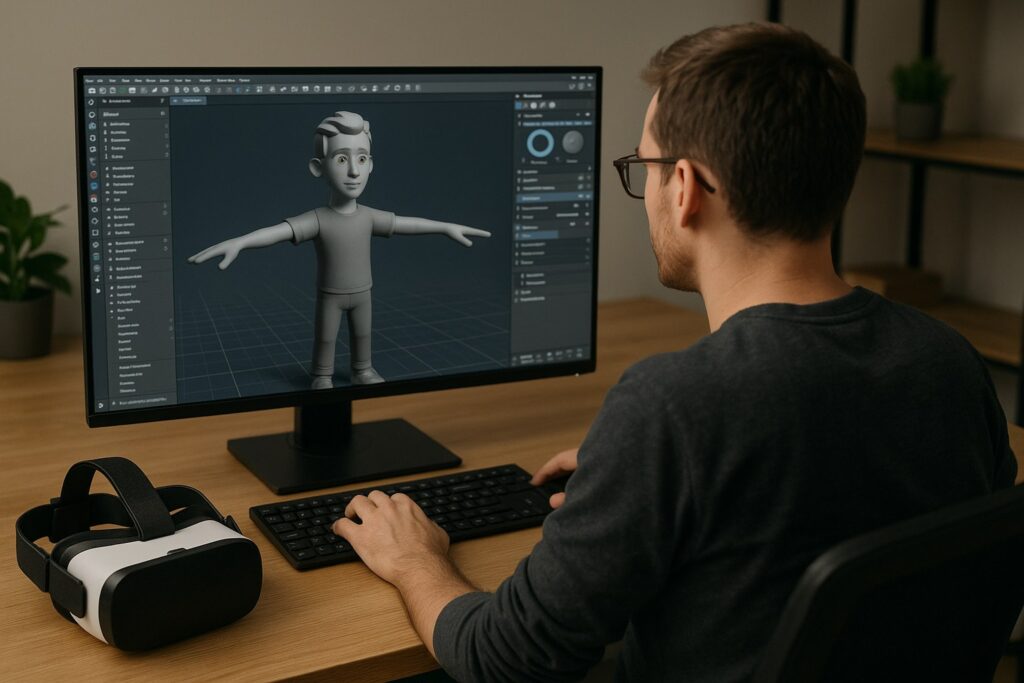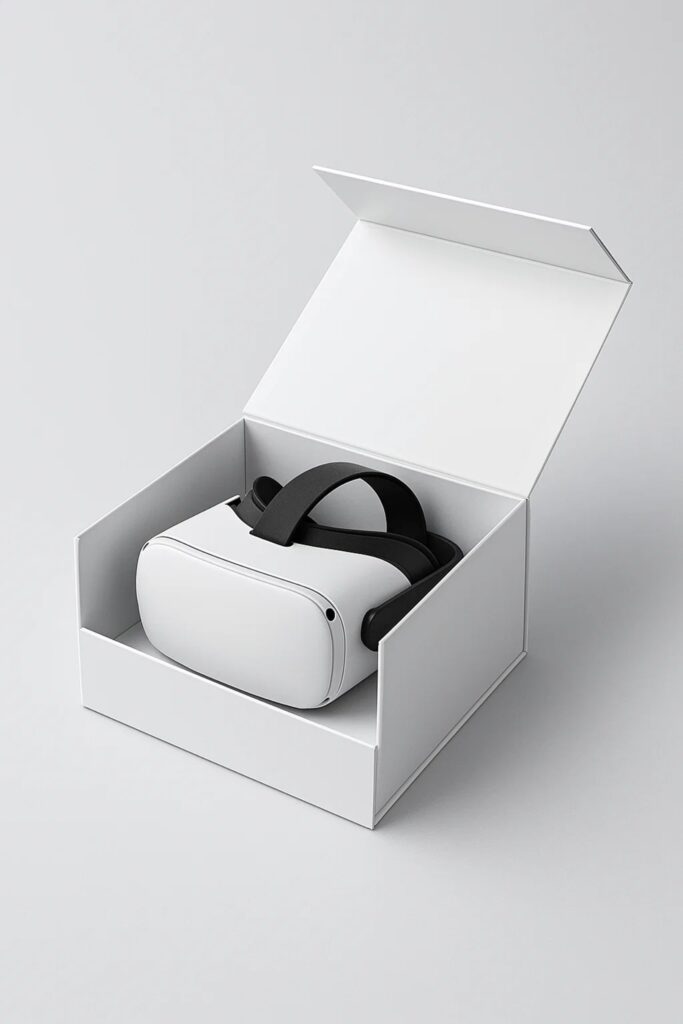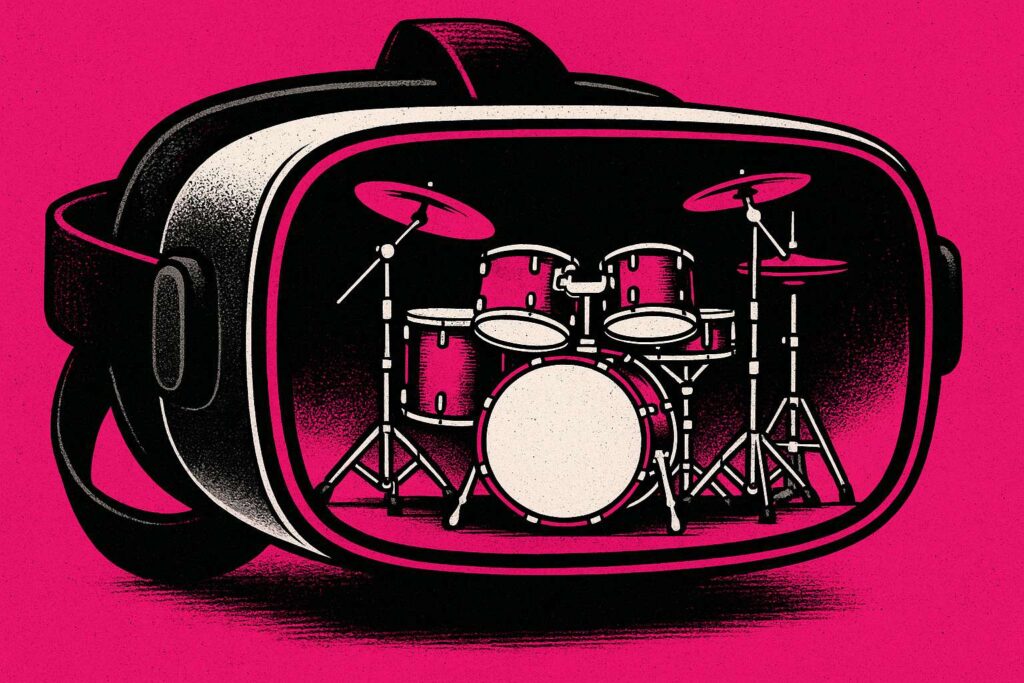Virtual reality (VR) and Augmented Reality (AR) technologies are rapidly leaping forward in the world. The costs are gradually getting cheaper, and their availability is increasing. However, many people still do not know much about this technology and fewer still realize that VR is far more than just games. The education market, for example, is growing hand in hand with the VR market. Unfortunately, because of a lack of knowledge, many people are scared of this relatively new technology, especially the future that it might bring. They fantasize about worst-case scenarios and watch scary movies about these technologies. But should you be afraid of Virtual Reality? We’re here to answer just that!
According to a study at Chapman University, technophobia is a real thing – people indeed are scared by technology, sometimes even more than by death. You probably already know this from the movies like “I, Robot” or “Avatar”. Even though AI and robots take the top places in the ranks of the things that concern people, AR has appeared on the lists for the first time, according to the survey by Znet. People are more concerned about AR headsets than smartphone AR, with privacy, intrusiveness and advertising being the three top fears.
Intrusiveness

This is quite a logical fear. If we consider the fact that shortly, people will be wearing AR headsets and using them instead of phones, most people are afraid it will be flooded with notifications and other content. The overflow of information, however, should not be a problem as you can manage it the same way you manage it on your phone. In addition, most of the time, the headsets will be transparent, showing the real world. AR headsets provide the ability to enhance your daily life experience, which doesn’t mean that the displayed content will be constant.
Contact Us to see how Immersive Experiences can work for you!
Ads are everywhere!
If you are a fan of the black mirror series, you might have this fear. Here is one short video explaining what some people imagine the future with AR to look like:
Even though most content and apps for headsets are expected to be free like Instagram, advertising is essential for AR to prosper. However, technologies are rapidly evolving and improving, so the algorithms in the future would make the best environment for the kind of ads shown on your headset. You might be entering a clothing store to buy jeans, and your virtual assistant will tell you where the jeans are located at the store. In other words, it should not feel like an ad but more like personal assistance.
I always feel like somebody’s watching me, and I have no privacy!

This is one of the toughest ones for sure, as headsets must see what you see in order to function correctly. Even with the recent acquisition of Oculus by Facebook, the first thing that people were worried about is the tracking of personal data. However, putting yourself out on the Internet is already putting yourself at the risk of giving out your data. Still, this may be a question not about giving out private information, but about the uneven exchange that you get for the information given. However, many believe it will be worth it, as the access to the camera and reception of data, will provide an increasingly better AR experience for the users. Once again, instead of receiving spam, you’ll be given contextual recommendations.
Technology is changing and we must not be afraid to face the future. Just look at computers! They have grown from devices that calculate problems into complex and powerful machines that enhance our everyday lives. VR and AR are already helping many professionals with their jobs to deliver the best results and make the work efficient. Instead of running away, we should bravely face this new era of technology and instead discuss ways in which we can improve and enhance the experience of users in an effective and safe way.
Check out our other projects here!
👋 get in touch
By clicking the “send” button, I agree to the collection and processing of my personal data as described in the Privacy Policy.





